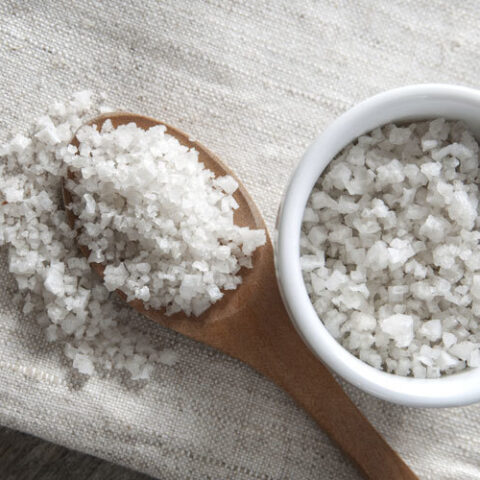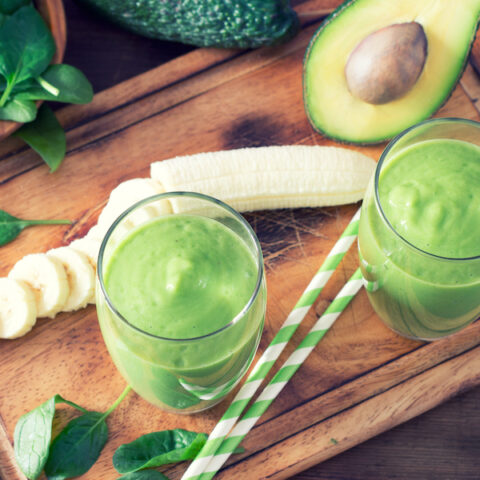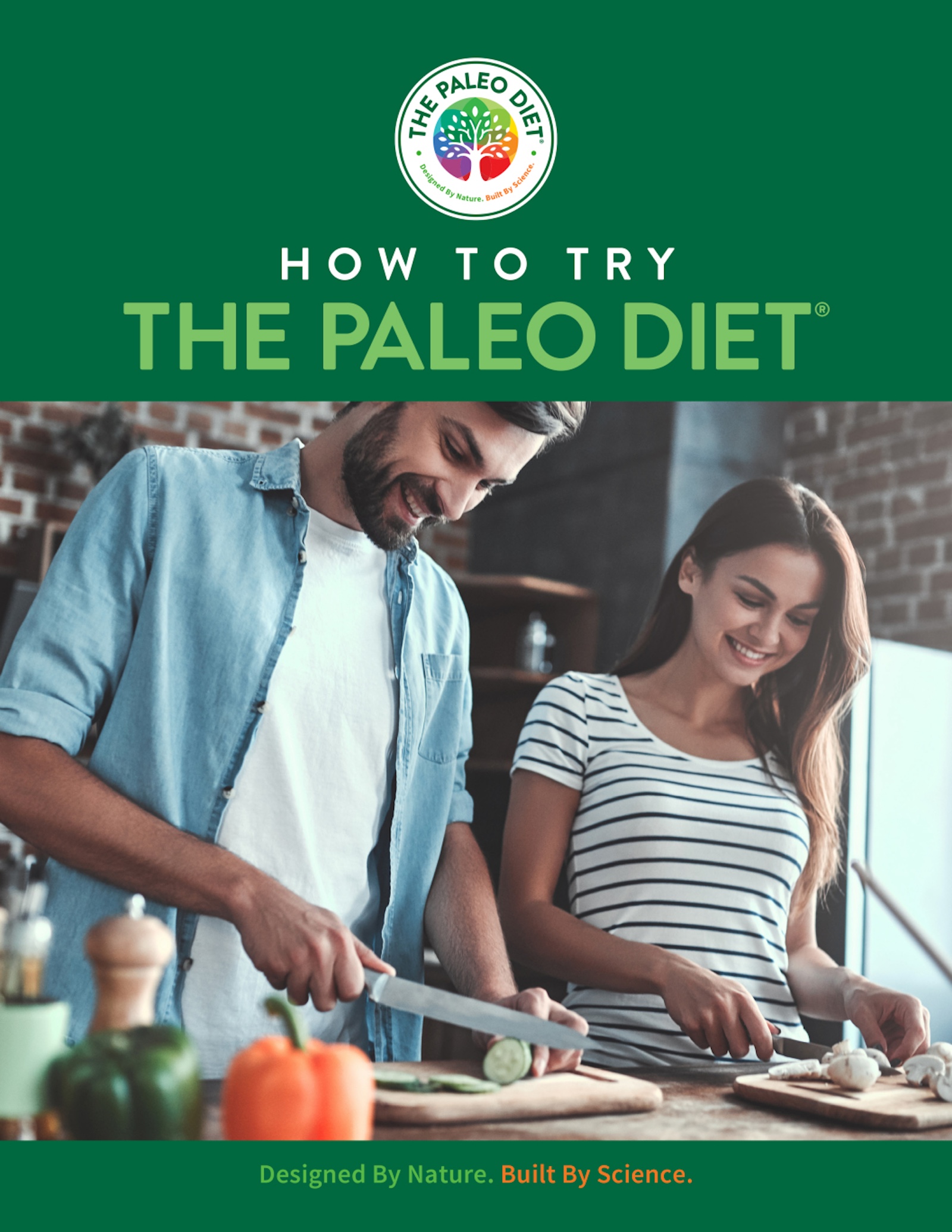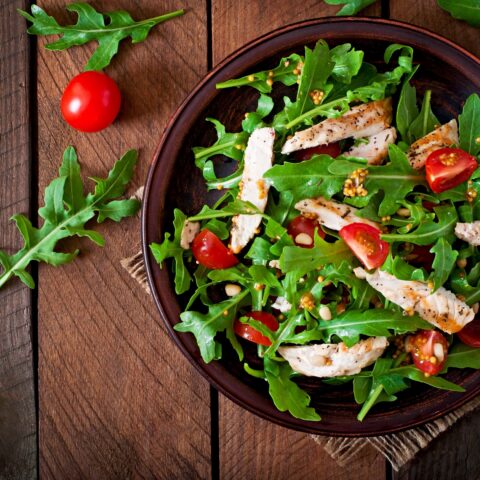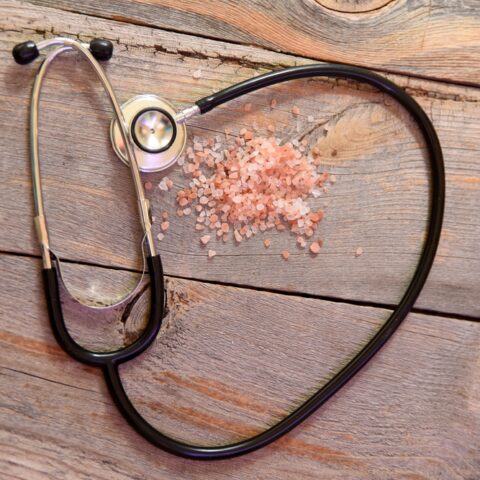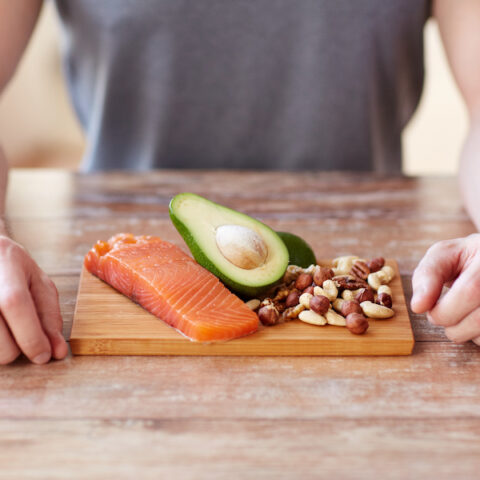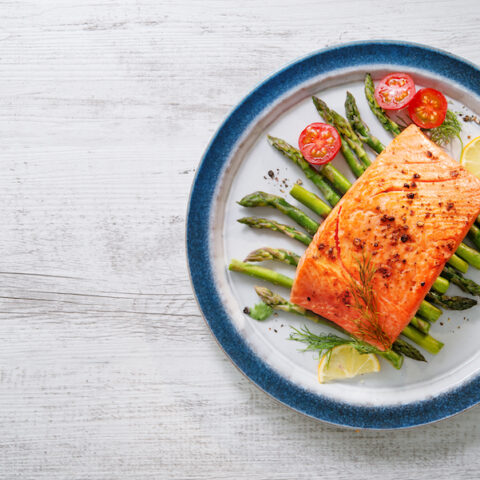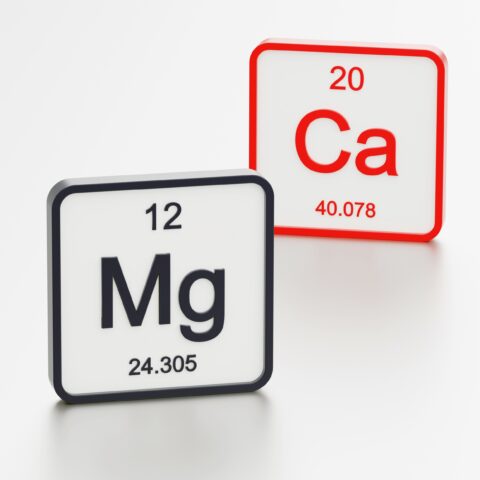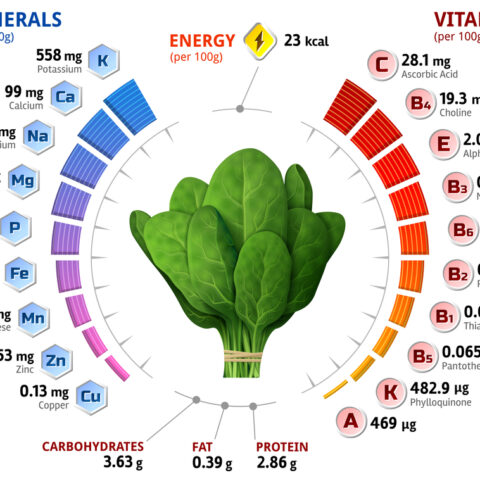
Frequently Asked Questions
These are the questions we get asked most often about The Paleo Diet®.
Get your answers directly from Dr. Loren Cordain and our team of experts.

What You Might Not Know About Paleo
Q: What Are The Health Benefits of The Paleo Diet®?
A: You can expect better digestion, more energy, weight loss, decreased inflammation, boosted immunity, and protection from various diseases when following The Paleo Diet.
The Paleo Diet Is an Anti-Inflammatory Diet
Chronic inflammation is at the heart of most chronic illnesses, including autoimmune disease. Here’s how The Paleo Diet can stop inflammation and minimize your risk of chronic illness. READHealthy Foods and Micronutrients That Boost Your Immune System
These foods can boost your immune system during times of stress, poor sleep, or whenever you feel a cold coming on. READHow to Avoid Disease and Stay Healthy for Life
Adopting a Paleo Diet and lifestyle can help to reverse the damaging effects of modern living. Learn what steps to take today to improve your health in the long run! READTop 10 Heart-Healthy Paleo Foods
The most important step you can take for a healthy heart is what you put on your plate. Add these 10 foods to your Paleo diet menu to promote heart health. READQ: How Is The Paleo Diet® Different From Other Diets?
A: The Paleo Diet® is a way of eating that results in strength and health gains. We focus on eating whole, all-natural foods the way our ancestors did. The Paleo Diet is not a temporary diet, it's something to live on.
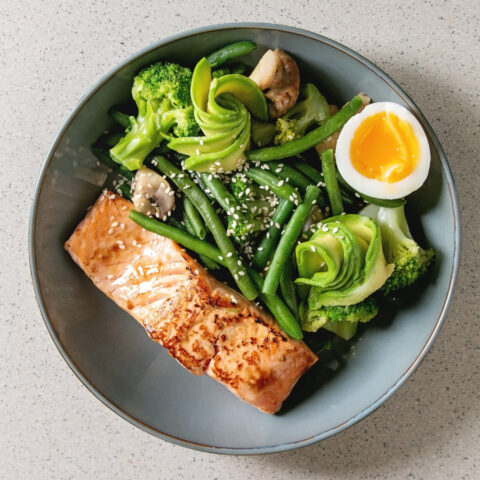
Paleo vs. Keto: What’s the Difference?
The Paleo Diet® and the keto diet are both popular ways to lose weight, but there’s a lot of confusion about what differentiates the two.
Read

What Does “Plant-Based” Really Mean?
There are several definitions for the plant-based diet trend. We explore what they are, and how The Paleo Diet can fit into this plan.
Read
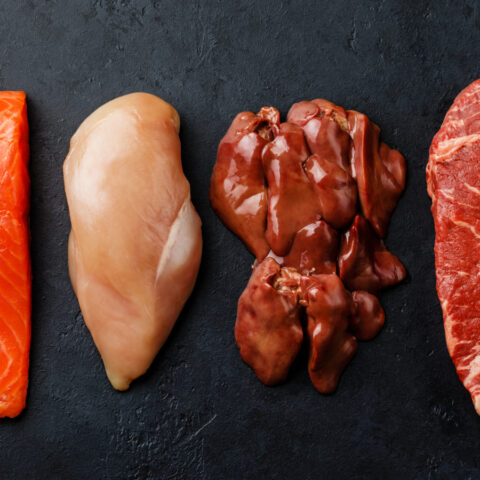
The Carnivore Diet vs. The Paleo Diet
At first glance, the carnivore diet seems congruent with The Paleo Diet, but there are marked differences between the two.
Read
Q: Why Is The Paleo Diet® Against Added Salt?
A: When you consume salt, your body responds by tapping into its reserve of calcium salts in the bones. This can lead to osteoporosis, other degenerative diseases, and can create a host of various health problems which is why we avoid salt on The Paleo Diet.
Why The Paleo Diet Supports a Low Sodium Diet
CEO Trevor Connor explains the five key reasons The Paleo Diet is a low-sodium diet. READWhat Is French Sea Salt? Why Sel Gris and Fleur de Sel Are Unhealthy
Celtic Sea Salt®, or sel gris, is a form of salt harvested in France that contains minerals from clay soil. But it's still sodium and therefore unhealthy. READSalt is a Killer Without Huge Intakes of Fruits and Veggies
Are you eating enough fresh fruits and veggies to counteract your salt intake? READThe Sodium/Potassium Ratio and Its Importance in Human Health
Evidence suggests that the sodium/potassium ratio with a Paleo Diet is far more beneficial to human health when compared to a typical Western diet. READMyths About The Paleo Diet®
Misinterpretations abound! Let's set the record straight.
Q: Is Meat Bad For You?
A: No, minimally processed, natural meats, poultry, and seafood are part of a healthy omnivore diet. Omnivore diets like The Paleo Diet are more effective in improving blood cholesterol and other blood lipid levels than low-fat, high-carbohydrate diets.
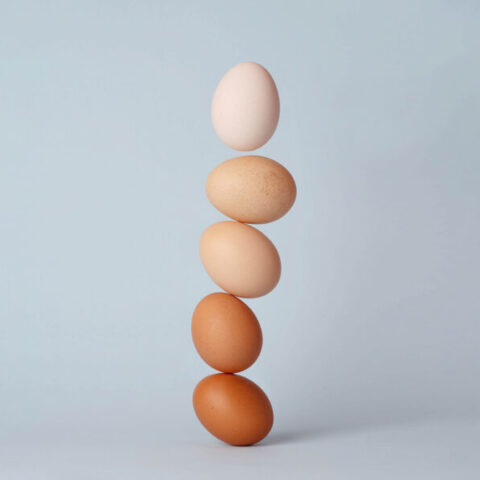
4 Reasons You Should Be Eating Animal Proteins
Make sure you are including the right protein in your diet!
Read
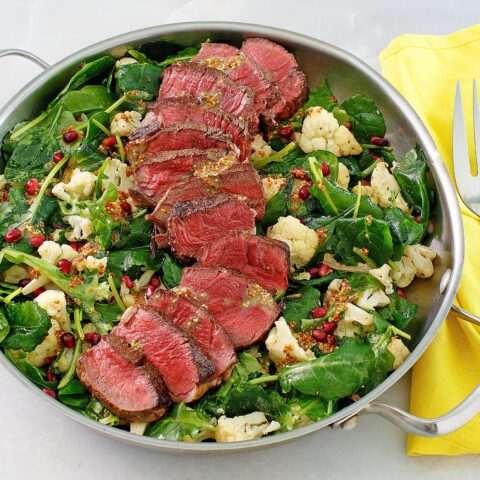
Eat More Protein for Better Health
Protein is essential to overall health and wellness, weight loss, and athletic performance—and The Paleo Diet is naturally high in protein.
Read

Plant Protein vs. Animal Protein: What’s The Difference?
Are plant-based proteins just as good as animal proteins? No, in the debate of plant protein vs animal protein, the science clearly shows that animal proteins are healthier and better sources of protein for several important reasons.
Read
Q: Will I Get Enough Nutrients on The Paleo Diet?
A: Yes, The Paleo Diet® focuses on nutrient-dense foods that will enhance your calcium-to-magnesium, potassium-to-sodium, and omega-6-to-omega-3 ratios. By balancing your three micronutrient ratios, your overall health can improve.





